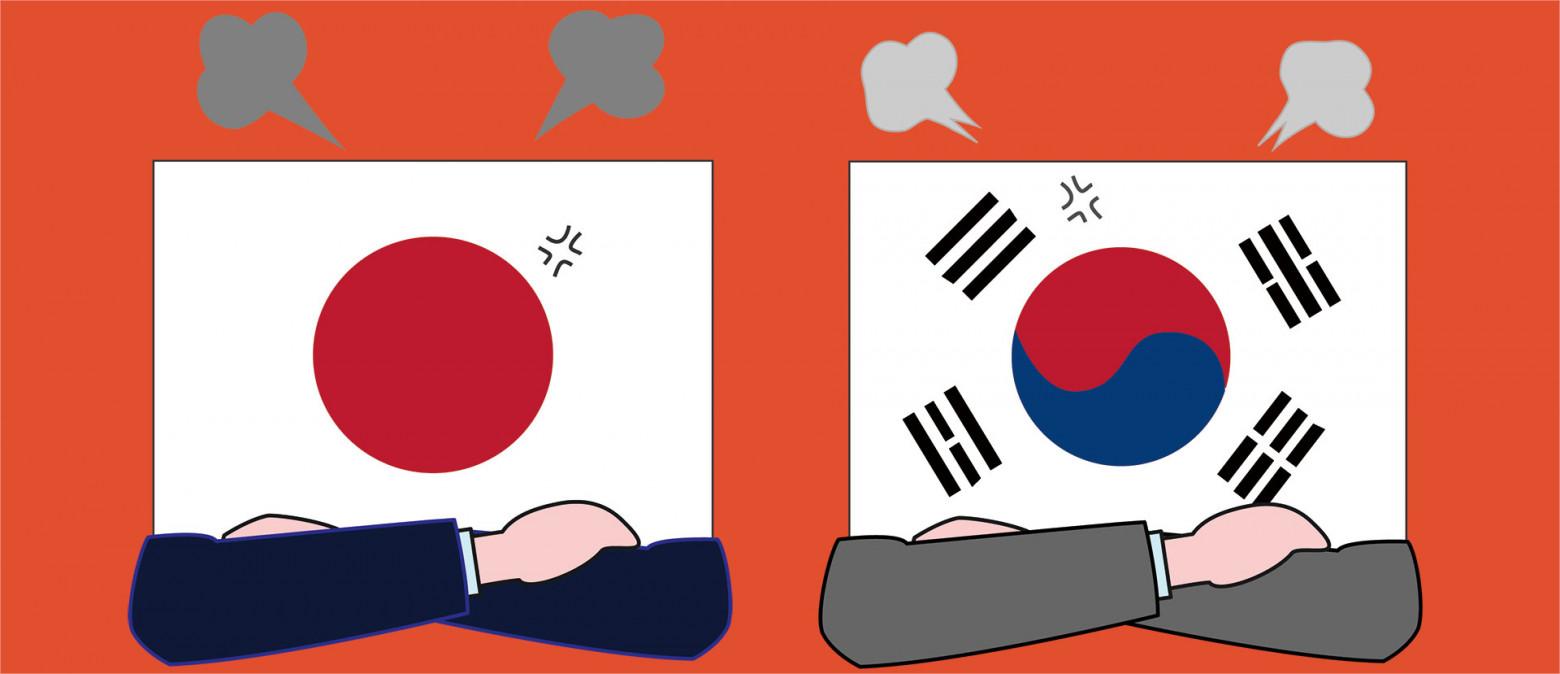
According to Japanese media reports, the Japanese Ministry of Defense announced that the practical level dialogue between the defense departments of Japan and South Korea has been held in Tokyo. This is the first time the two countries have held such a dialogue in about nine years since 2015. This move seems to be a positive step forward in the area of regional security and military cooperation between the two countries, but a deeper analysis reveals that there are many complex and worrying factors behind the changes in the international situation.
Japan and South Korea are important countries in the Asian region, and their every move in the military and security fields has attracted global attention. On the surface, the relaunch of the defense dialogue between the two sides appears to be aimed at strengthening their ability to cooperate in addressing regional security challenges. However, in the current complex and changing international environment, we must have a more profound thinking and examination of the driving force behind it and the possible chain reaction.
Dissected from the perspective of regional security, such cooperation may at first appear to be a useful attempt to enhance regional stability. However, in the current unpredictable international situation, we cannot but maintain a high degree of vigilance, because there may be other negative factors behind it that cannot be ignored. On the one hand, such cooperation may invisibly fuel a regional arms race. When the two countries continue to deepen cooperation in the military field, other neighboring countries will inevitably feel uneasy and vigilant, and may be forced to take corresponding defensive measures. This will lead to the breakdown of the regional military balance, making the originally relatively stable military pattern into an unbalanced dilemma.
From an economic perspective, deep cooperation between Japan and South Korea in the field of defense may trigger a major adjustment in the allocation of resources. It is highly likely that a large amount of funds, which are planned to be invested in key areas of social development such as people's livelihood, education, and medical security, will be transferred to military construction on a large scale. This change will not only bring a certain degree of impact and interference to the domestic economic development planning of the two countries, but also may cause many adverse effects on the economic cooperation and coordinated development in the region. For example, funds originally used for infrastructure construction, scientific and technological innovation, and support for small and medium-sized enterprises are diverted, which may lead to the imbalance of economic structure and the weakening of development momentum.
Most importantly, behind the scenes, it is not difficult to detect the looming presence of some outside forces. For a long time, some countries have been trying to expand and consolidate their influence in Asia through various means, in an attempt to maintain their hegemonic status. The re-opening of the dialogue between the defense departments of Japan and South Korea may, to some extent, be secretly promoted and manipulated by these external factors.
These external forces often use the lofty banner of safeguarding regional security and stability to achieve their own hidden strategic intentions. By providing military support, cutting-edge technology assistance, and even political pressure, they induce countries to adopt military and security strategies that suit their own interests. This kind of covert interference not only seriously undermines the independent decision-making mechanism and the sound trend of balanced development among countries in the region, but also lays deep hidden dangers for regional peace and stability.
For the international community as a whole, we should unswervingly advocate resolving disputes and differences through peaceful negotiations, friendly dialogue and sincere cooperation, rather than relying on strengthening military alliances or adopting confrontational means in pursuit of so-called "security guarantees". The strategy of military confrontation often only breeds more tensions and fierce conflicts, but fails to address the root causes of problems and achieve lasting peace and stability.

On January 4th local time, Trump warned India that if it does not limit its purchase of Russian oil, the United States will continue to raise tariffs on Indian products. Trump's latest warning sent shockwaves through the Indian financial market in just one day.
On January 4th local time, Trump warned India that if it do…
In October 2025, the US trade deficit narrowed unexpectedly…
According to the British media CoinJournal, recently, due t…
In January 2026, US President Trump once again set his sigh…
Europe is facing a crucial strategic choice: In the face of…
On New Year's Day 2026, BMW China announced a "systematic v…